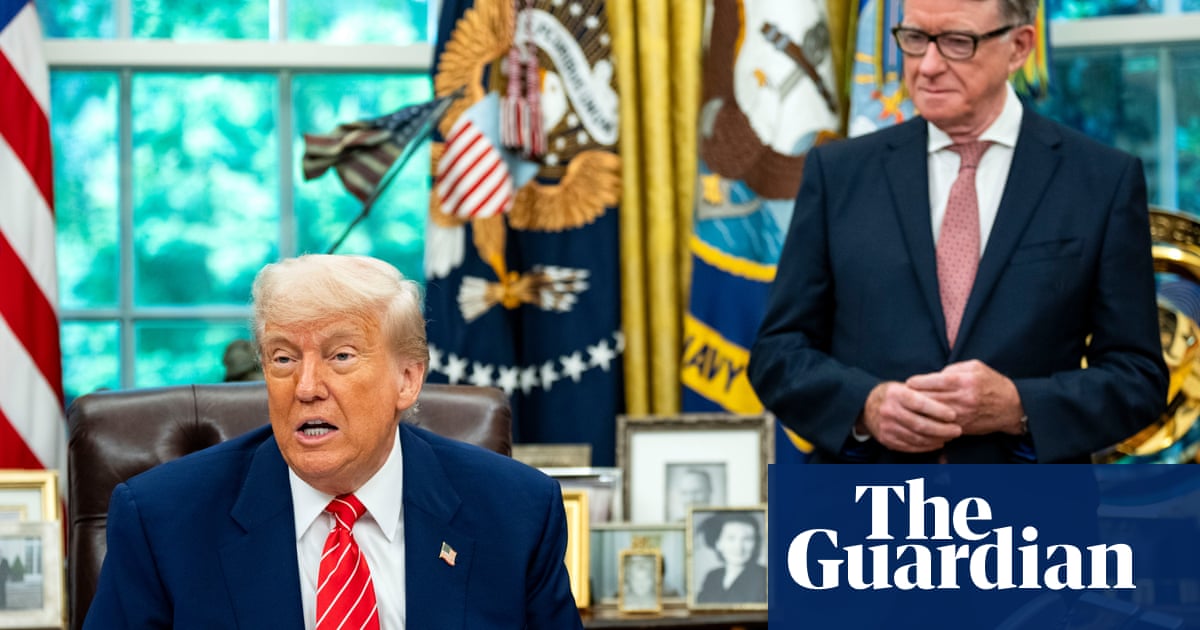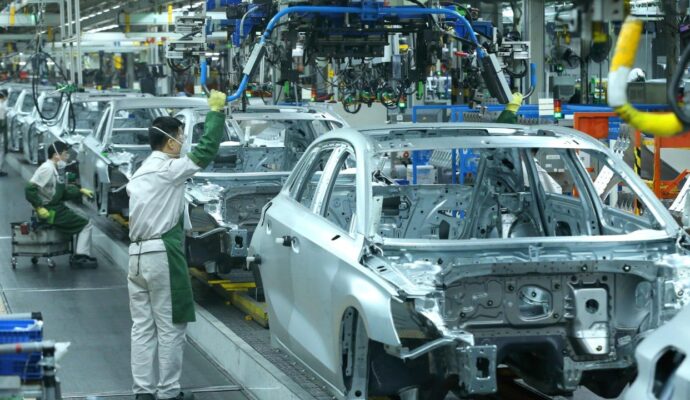
China has warned the UK over its new trade deal with the US, accusing Britain of aligning with the US in a move that could compel British companies to exclude Chinese products from their supply chains.
The UK-US trade deal, signed last week, offers Britain limited relief from US tariffs on car and steel exports, but only if it complies with strict American security requirements. These conditions include scrutinising supply chains and ownership structures – a move widely interpreted as targeting Chinese involvement.
Beijing argues the agreement violates the principle that international agreements should not target third countries, noting this is a “basic principle”.
China’s foreign ministry criticised the agreement in a statement to the Financial Times. It said: “Cooperation between states should not be conducted against or to the detriment of the interests of third parties.”
Beijing fears these clauses are designed to pressure allies into excluding Chinese products, in effect isolating China economically.
China is doubling down on what it calls “dual circulation” – boosting domestic production and resilience so its economy can thrive. State-backed companies are being pushed to source components locally, and ministries are funnelling support into advanced manufacturing and green technology.
Under the the UK-US signed last week the US agreed to reduce tariffs on British car exports from 27.5% to 10%, applicable to a quota of 100,000 vehicles annually. Tariffs on UK steel and aluminium have also been lifted, provided British companies meet strict US security conditions, particularly around supply chain transparency and foreign ownership – measures that implicitly limit Chinese involvement.
The deal also includes liberalised quotas for US beef and ethanol exports to the UK, alongside a commitment to explore deeper cooperation in pharmaceuticals and advanced manufacturing, contingent again on UK compliance with US security provisions.
The timing of the UK-US trade agreement is sensitive given Keir Starmer’s government has been seeking to improve relations with China. Despite the tension, No 10 says the trade deal is intended to secure jobs and protect British businesses.
A UK government spokesperson maintained that “trade and investment with China remain important to the UK”, emphasising a pragmatic approach to international relations.
after newsletter promotion
Earlier this year, the chancellor, Rachel Reeves, visited Beijing to restart economic and financial dialogues that had been dormant for six years.
Other Chinese officials also criticised the UK’s decision to accept the US deal’s terms, viewing it as a departure from their efforts to rebuild bilateral ties. Zhang Yansheng, a senior researcher at the China Academy of Macroeconomic Research, said the UK’s actions were “not fair to China”. He described the deal’s clauses as “poison pills” that were worse than tariffs.


